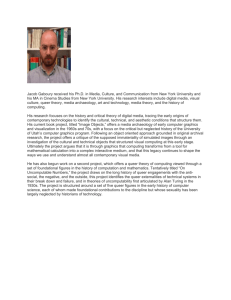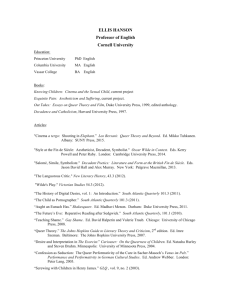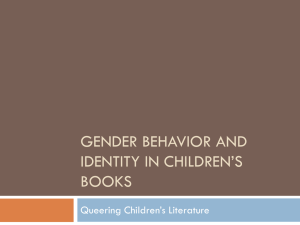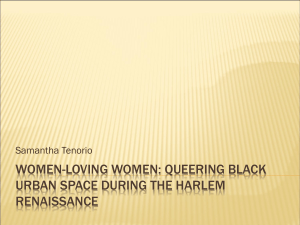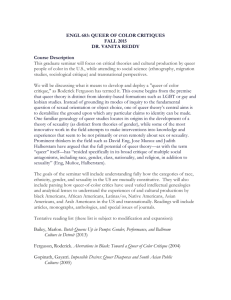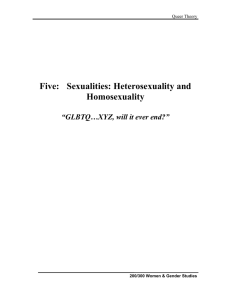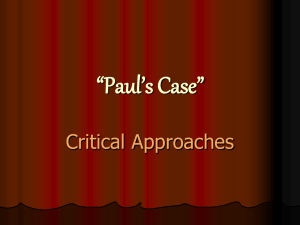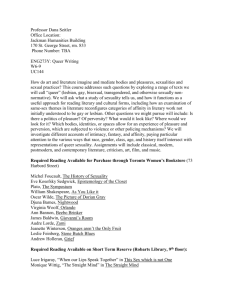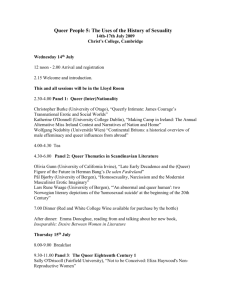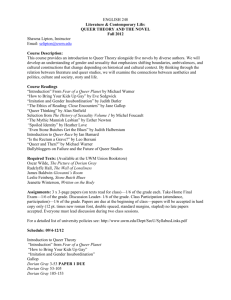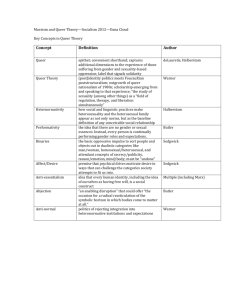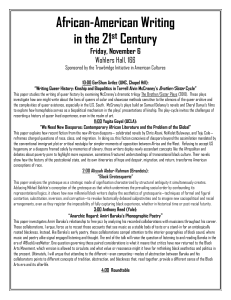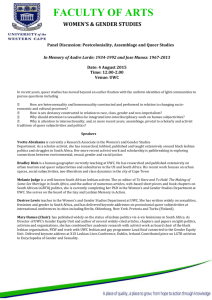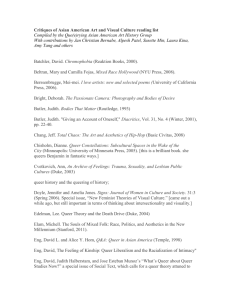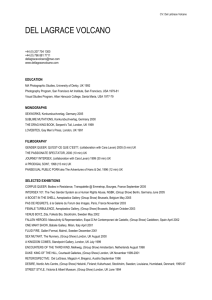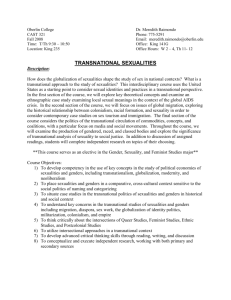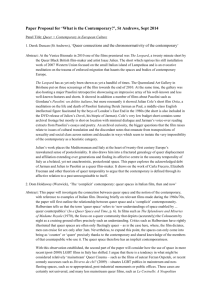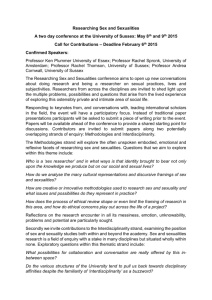HHUM 106 Open House! Monday Oct. 25 3-4
advertisement
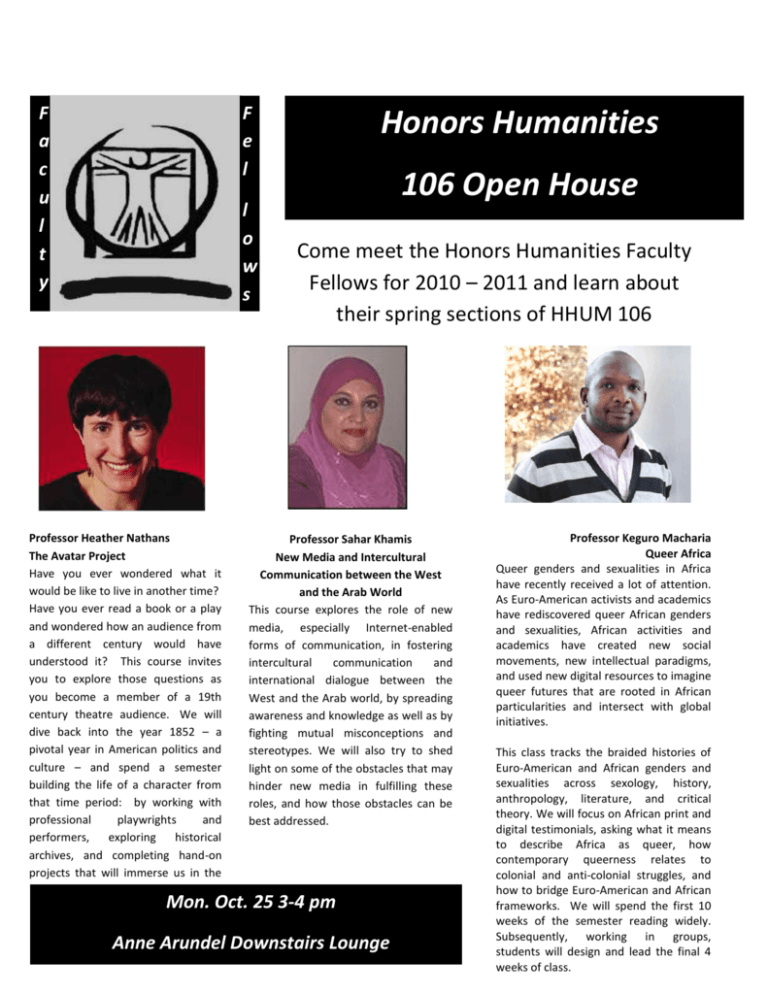
F a c u l t y F e l l o w s Professor Heather Nathans The Avatar Project Have you ever wondered what it would be like to live in another time? Have you ever read a book or a play and wondered how an audience from a different century would have understood it? This course invites you to explore those questions as you become a member of a 19th century theatre audience. We will dive back into the year 1852 – a pivotal year in American politics and culture – and spend a semester building the life of a character from that time period: by working with professional playwrights and performers, exploring historical archives, and completing hand-on projects that will immerse us in the 19th century world. Honors Humanities 106 Open House Come meet the Honors Humanities Faculty Fellows for 2010 – 2011 and learn about their spring sections of HHUM 106 Professor Sahar Khamis New Media and Intercultural Communication between the West and the Arab World This course explores the role of new media, especially Internet-enabled forms of communication, in fostering intercultural communication and international dialogue between the West and the Arab world, by spreading awareness and knowledge as well as by fighting mutual misconceptions and stereotypes. We will also try to shed light on some of the obstacles that may hinder new media in fulfilling these roles, and how those obstacles can be best addressed. Mon. Oct. 25 3-4 pm Anne Arundel Downstairs Lounge Professor Keguro Macharia Queer Africa Queer genders and sexualities in Africa have recently received a lot of attention. As Euro-American activists and academics have rediscovered queer African genders and sexualities, African activities and academics have created new social movements, new intellectual paradigms, and used new digital resources to imagine queer futures that are rooted in African particularities and intersect with global initiatives. This class tracks the braided histories of Euro-American and African genders and sexualities across sexology, history, anthropology, literature, and critical theory. We will focus on African print and digital testimonials, asking what it means to describe Africa as queer, how contemporary queerness relates to colonial and anti-colonial struggles, and how to bridge Euro-American and African frameworks. We will spend the first 10 weeks of the semester reading widely. Subsequently, working in groups, students will design and lead the final 4 weeks of class.
